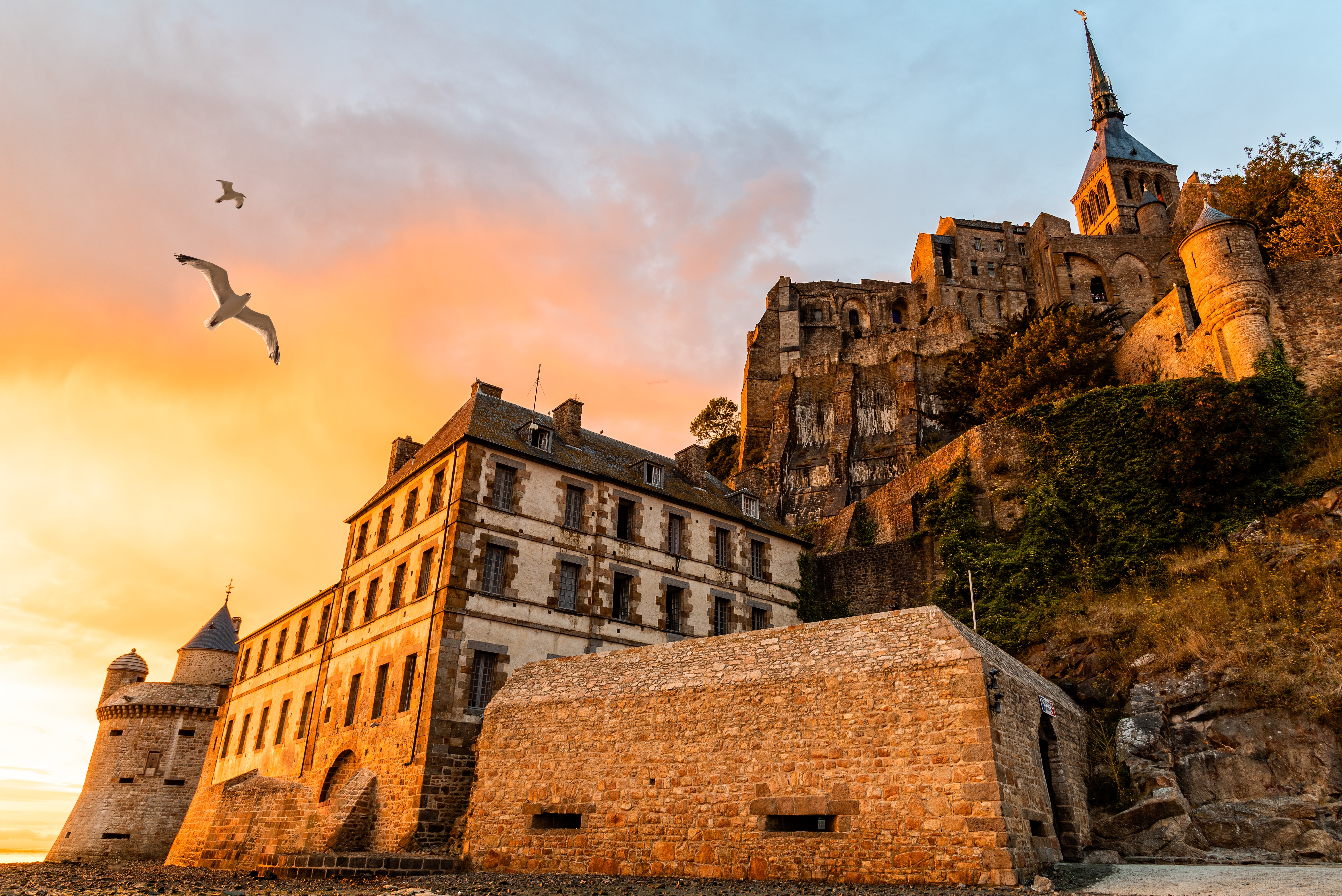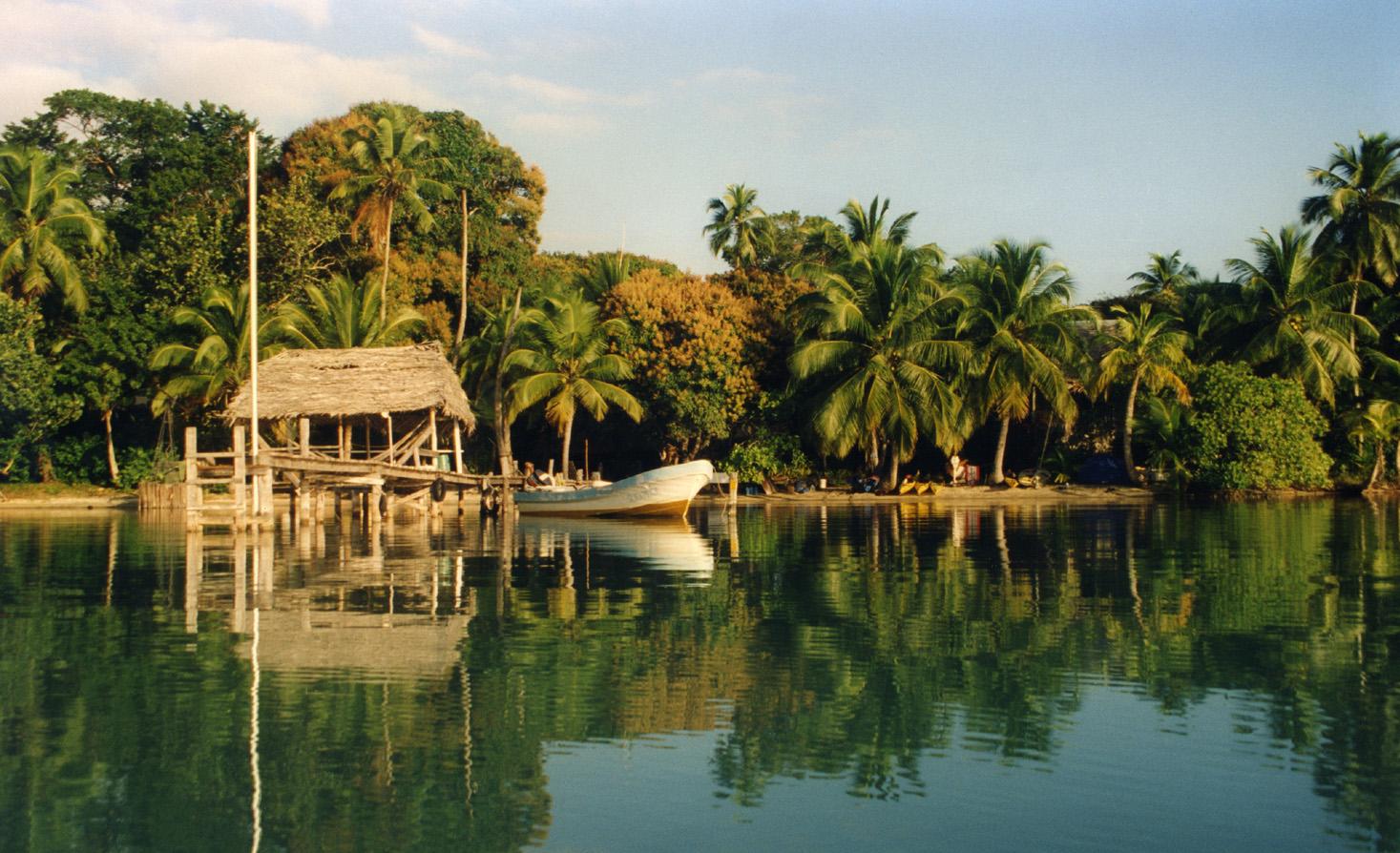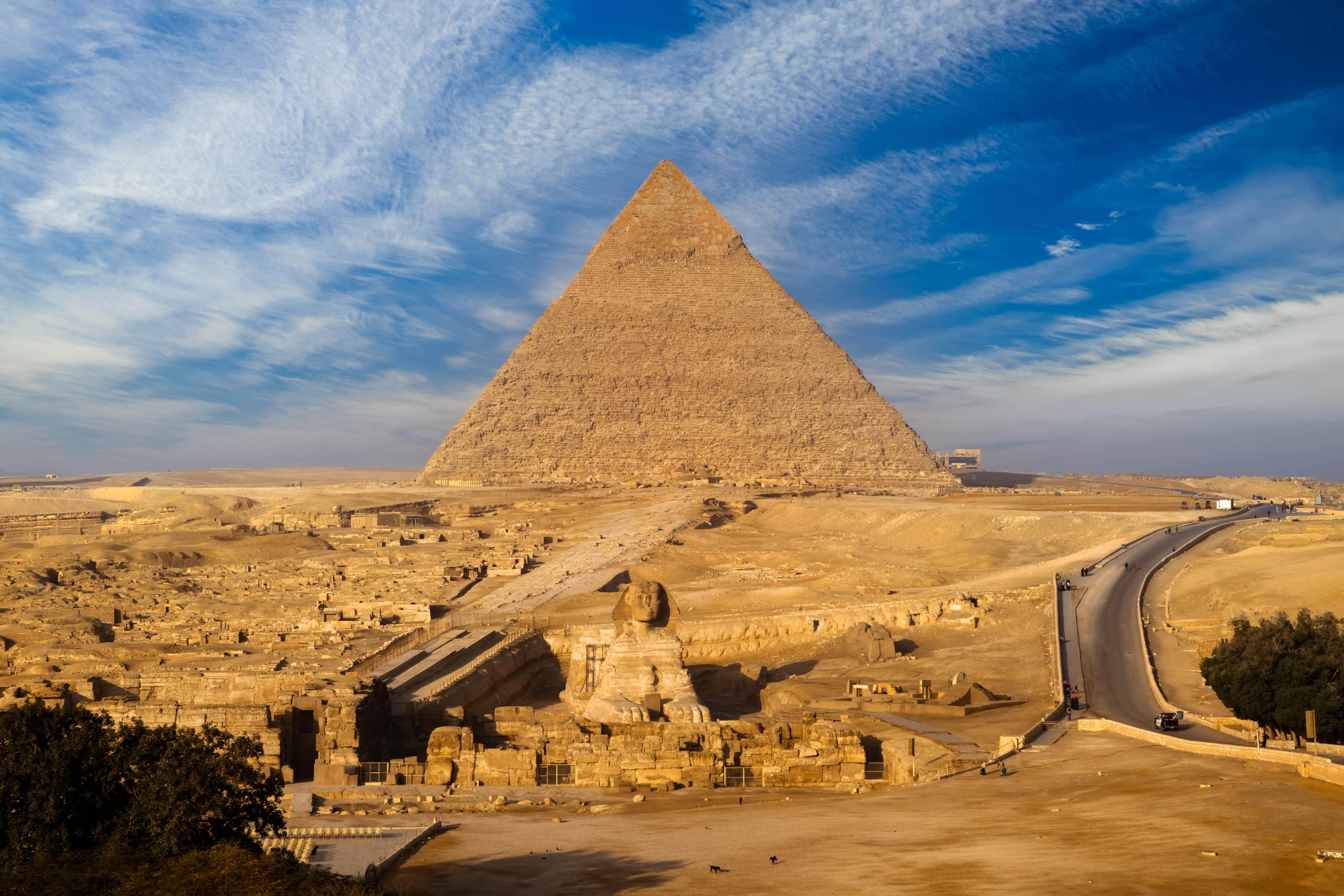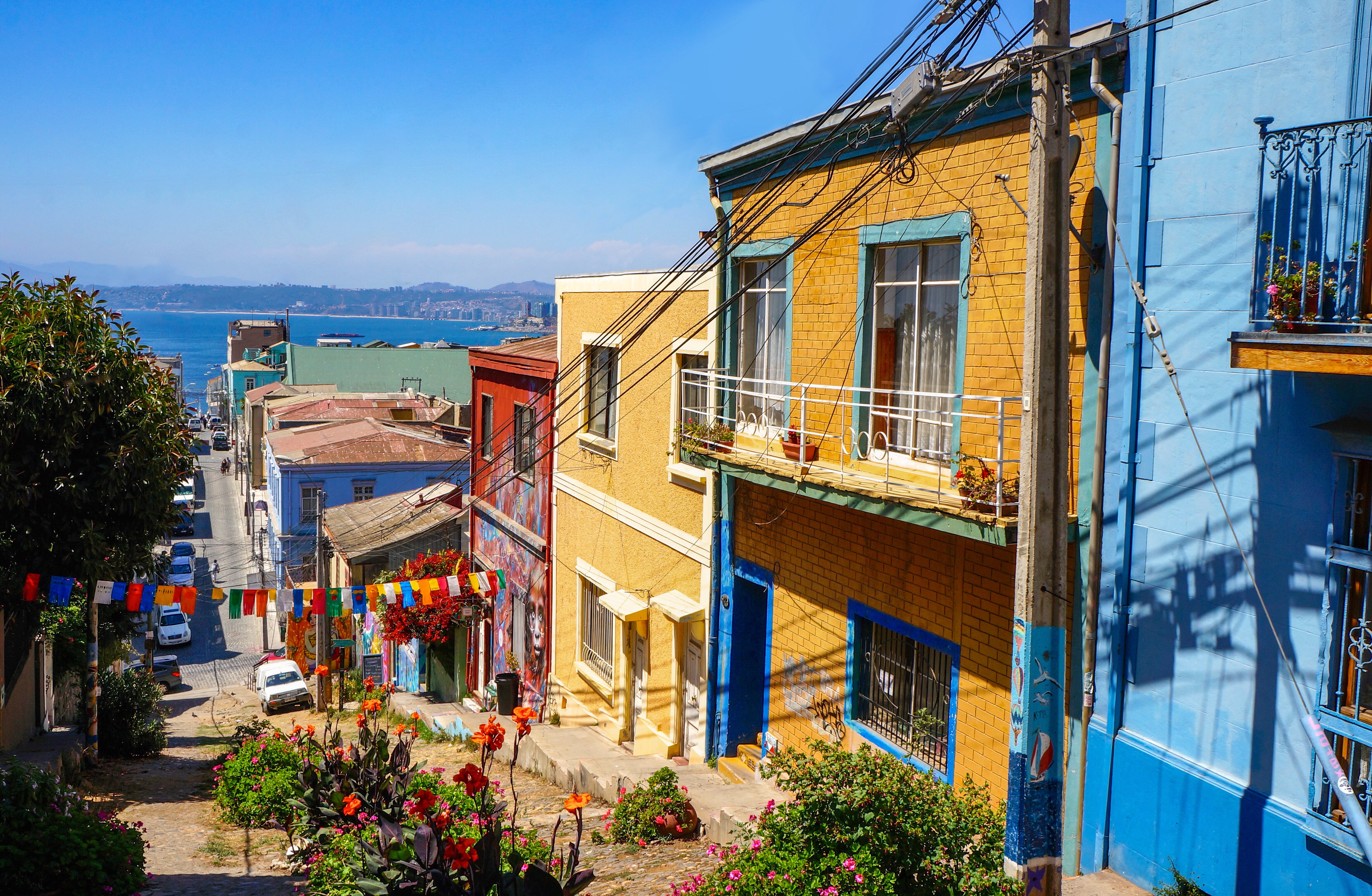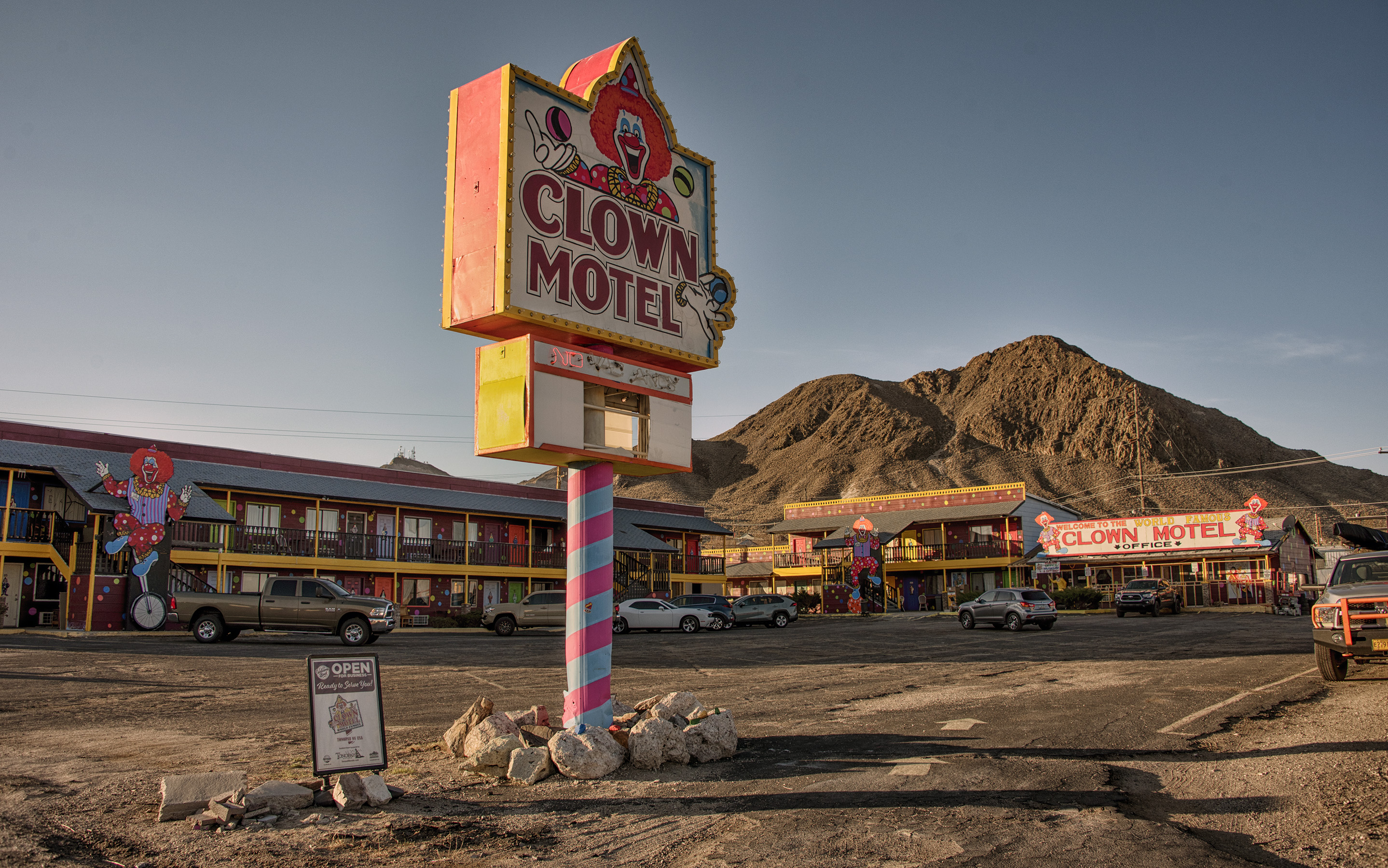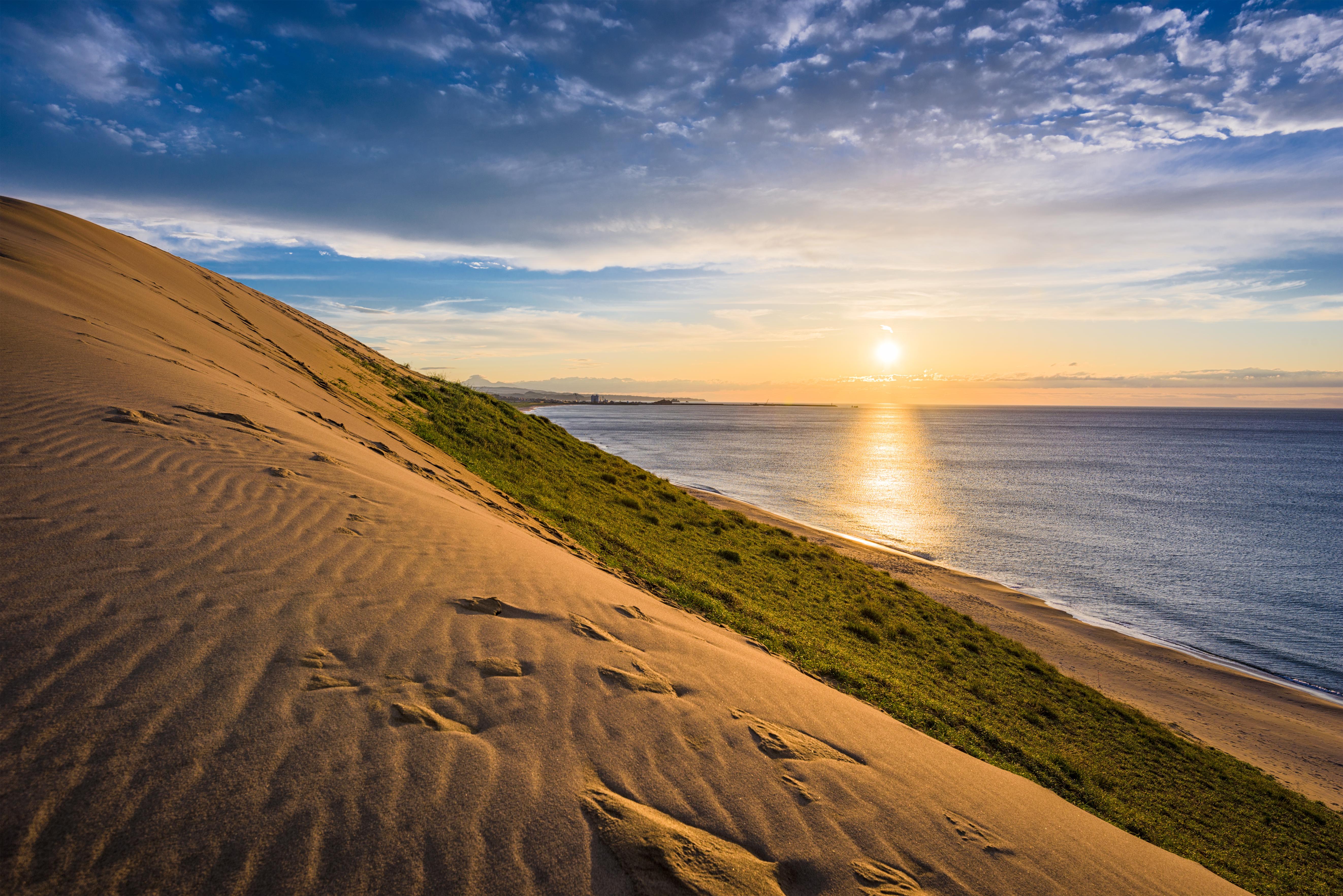Best Ways To Save Money While Traveling
Traveling the world and exploring new places is one of the most exceptional experiences that someone can undertake, and is often a deep and meaningful experience that can change a life forever. No matter the benefits, trips have always been and will still be expensive making it desperate to save the right amount or go for a vacation without accumulating debt. Reputably, for young tourists, much can become a black hole for cash when seeing the world. Not to worry though, there are many tips for saving a few dollars here and some extra change there, which add up to a significant amount of reserve money. Following are some of the top ways to make those hard-earned dollars last.
Off Season Traveling
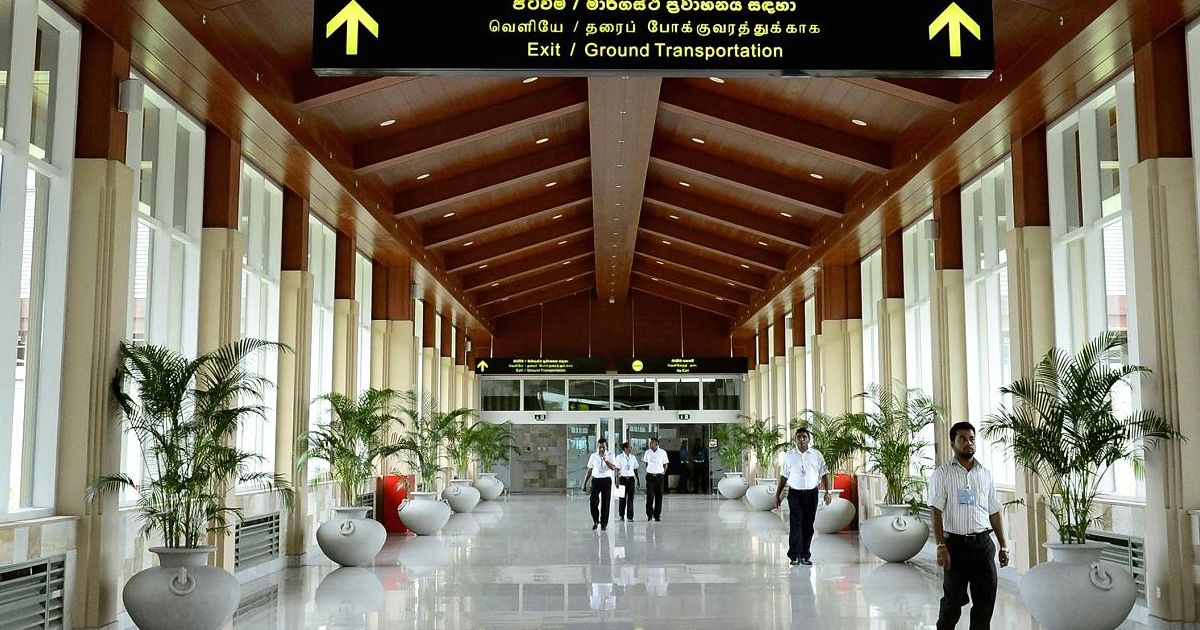
One of the best ways to save money when traveling is to think ahead of time and avoid the prime time travel seasons. For most popular travel destinations the tourism industry expects an influx of tourists, whether it be for March Break or Winter vacation, which will be sure to drive up prices. Therefore, the simple solution is to do a little research on where you plan to go and what time of year that spot is least busy. Off-season traveling is a great strategy for saving money on flights and jacked-up hotel prices, however, there can be a downfall. Sometimes, the reason for increased travel is due to warm weather at the chosen location or a particular event that drives lots of tourism, such as Mardi Gras in New Orleans. In those circumstances, it is up to the backpacker to decide whether saving money is more important than getting the most out of a trip. Now that you know about how to save money through the benefits of off-season travel, the following slide will offer another fundamental way of reducing costs by altering accommodations.
Hosteling
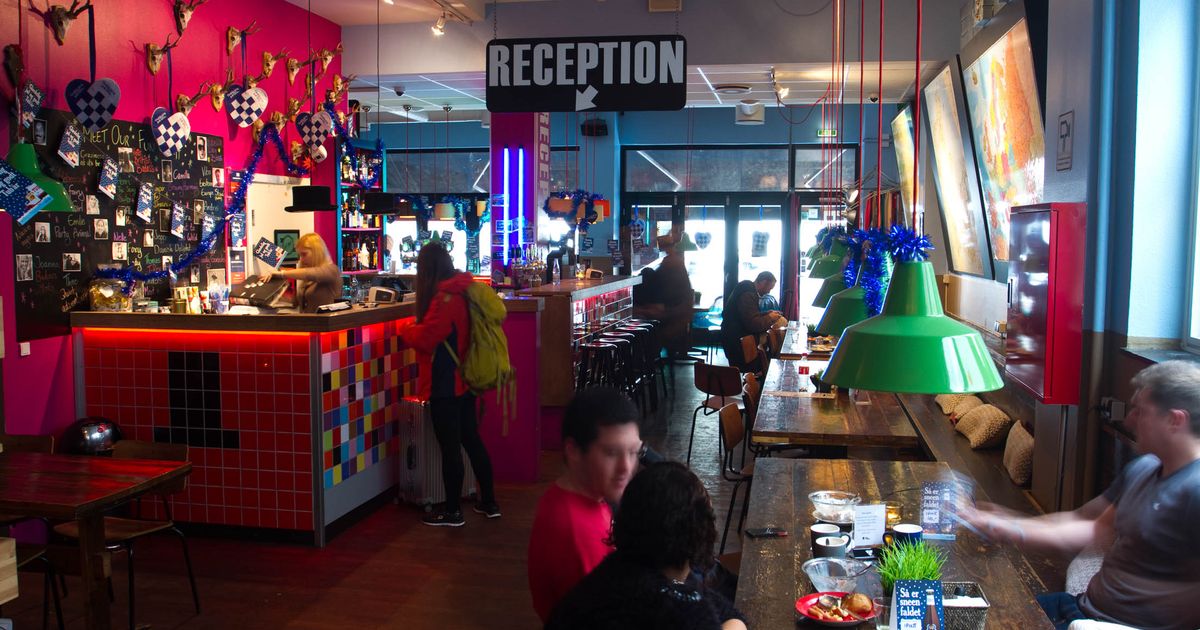
Staying in Hotels is quite the comfortable way to spend a vacation and is sure to make for the ultimate luxurious experience, however, hotels can be pricey, especially during prime travel seasons. Therefore, staying in hostels can be a great way to save fifty to one hundred dollars a night, huge amounts of money that add up to a few extra days on vacation in the long run. Not to mention, hostels are great for community engagement in ways that hotels are not. For example, opportunities to meet new people you bunk with is a great way to make friends, especially for those traveling alone; often individuals similar in age and on the same types of trips looking for others to share in the experience.
Saving precious travel money on living expenses is a prime means for extending a trip budget for an extra couple days. Upcoming offers another way to ease up on the wallet with food.
Food
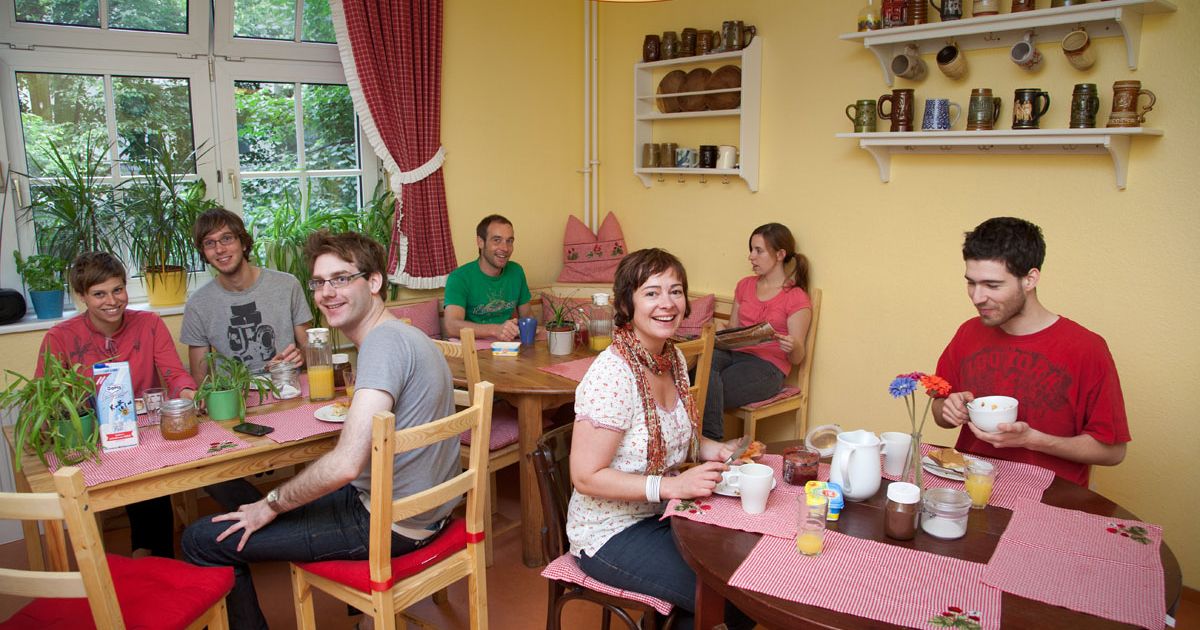
Eating out while on vacation is half the fun of visiting a foreign place. Food is richly ingrained in culture and tradition and makes for a delicious escape from reality. However, eating out while on vacation can become incredibly expensive, especially if that is for almost every meal. Therefore, one way to save money while on vacation, especially if staying at a hostel or with a house-sharing company is to make use of the fridge and buy groceries to prepare your food. This way, the money saved on groceries will allow a more loose budget for other activities and travelers may still opt for a meal out once a day or every other day. Also, for those who are on vacation for more than a week or two, this tactic will become second nature fairly quickly and allows one to practice making foreign recipes they can bring home to share with friends and family.
Food is delicious, but expensive, making for an important area to focus on savings during a trip. Up next is another great cost reducing tip surrounding entertainment while away.
Free Or Discounted Events
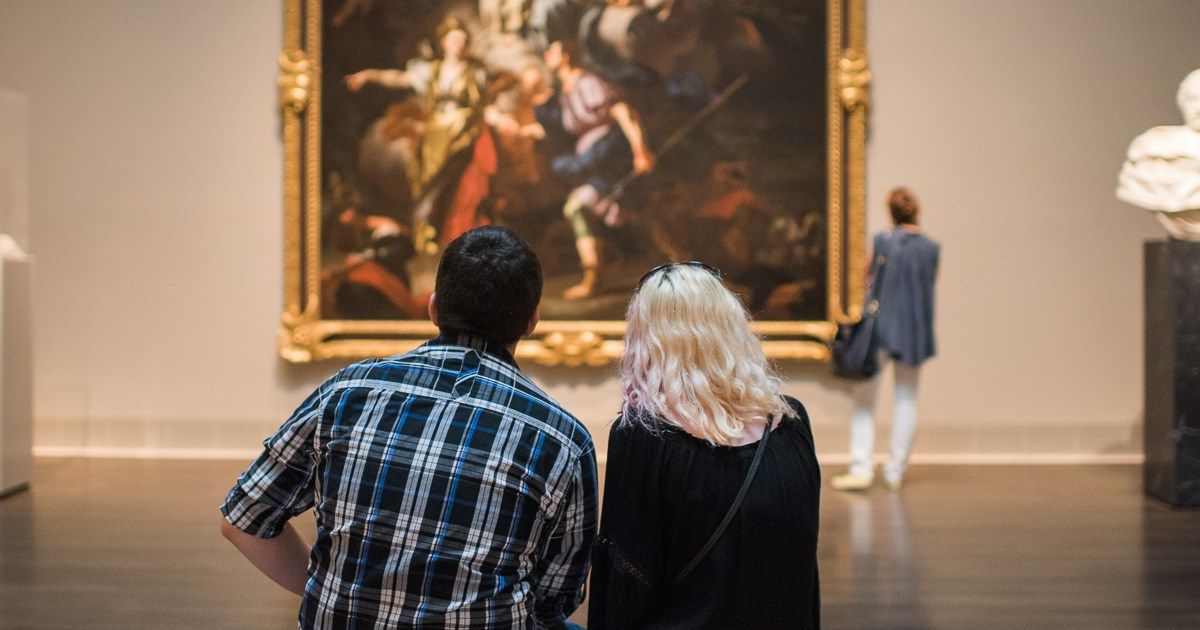
While away for a vacation there are lots of opportunities to visit lavish events and popular tourist attractions that require payment. However, there are also lots of other things to do while away that cost little to no money. For example, while visiting France, it is easy to get wrapped up in seeing the Eiffel Tower and paying lots for the experience, but many people forget about museums and simply exploring streets without a guide. Free or discounted events can save little amounts which eventually add up to significant savings, and can be delegated elsewhere. Also, many attractions will have discounts on special days or low traffic time periods, allowing for the avid globetrotters to take advantage of the opportunity.
Now that you are aware of the enormous benefits that are associated with discounted and free entertainment, the following slide will help with savings on the actual travel portion of a trip.
Fly Mid-Week
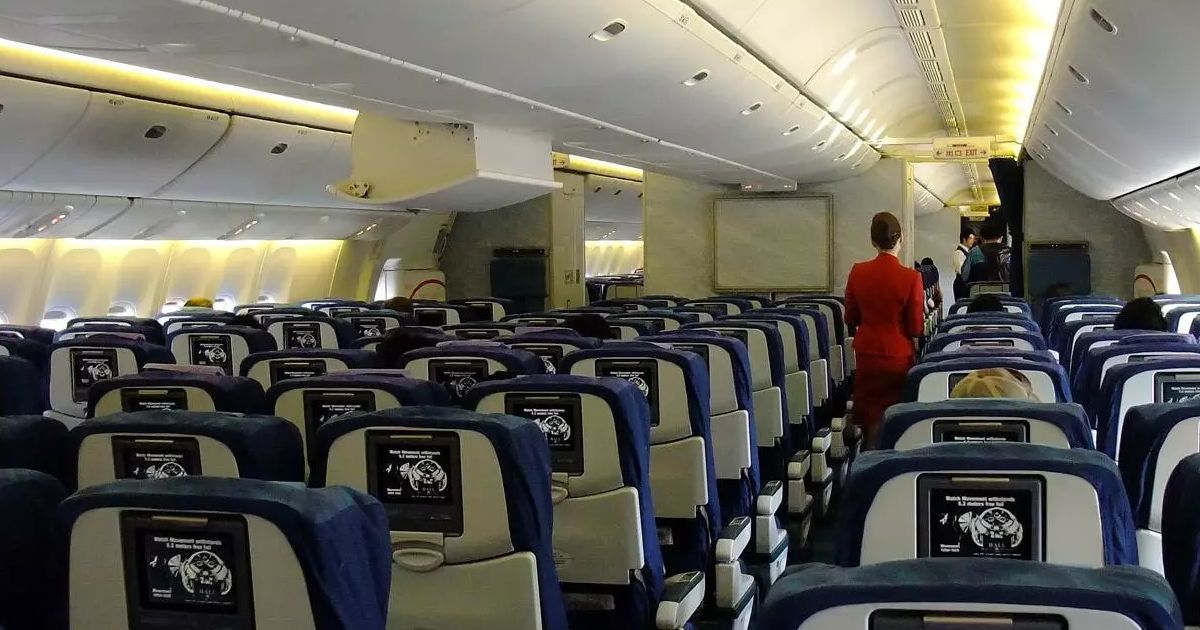
Depending on where travelers decide to travel, there is a good chance that a flight will be necessary to get from point A to point B. Flying can be an enjoyable part of a trip if done right and makes travel easier. However, the cost of flights can be high. Traveling during peak seasons or on weekends can make for elevated gate prices and therefore, a more expensive trip. One way to fix this problem is often to purchase tickets for mid-week flights; naturally, many people fly to their destinations on weekends to coincide with work schedules. Such an influx raises seat demand and cost; by leaving on a Tuesday or Wednesday, such saturation can be avoided and save plenty to be spent elsewhere on the trip or saved.
Getting from point A to B during a trip, in a cost-savvy way, will make meaningful impacts on a budget. Following is a common suggestion that can save plenty for individuals, as well as offering cultural immersion in a foreign community.
Ask Around

Once at a destination, it is easy to resort to the internet and travel agencies to look for insight as to what activities to do, where to eat and things to see. All though these resources are helpful and are highly recommended for grasping one’s surroundings, no one will know about the city or town better than its residents. For those looking to save their money, talking with a resident will often result in a few good tips as to where to shop for discounts, how to lower tourist-hotspot costs and the least expensive and most efficient modes of travel. Not to mention, addressing strangers for help may be a great way of meeting new people and developing friendships that could last a lifetime; most strangers are usually more than willing to help out guests of their hometown.
Now that you are aware of benefits about asking locals for their insight, the upcoming slide may be a simple tip for reducing costs, but is incredibly useful, especially for those who like to spend.
Use Cash
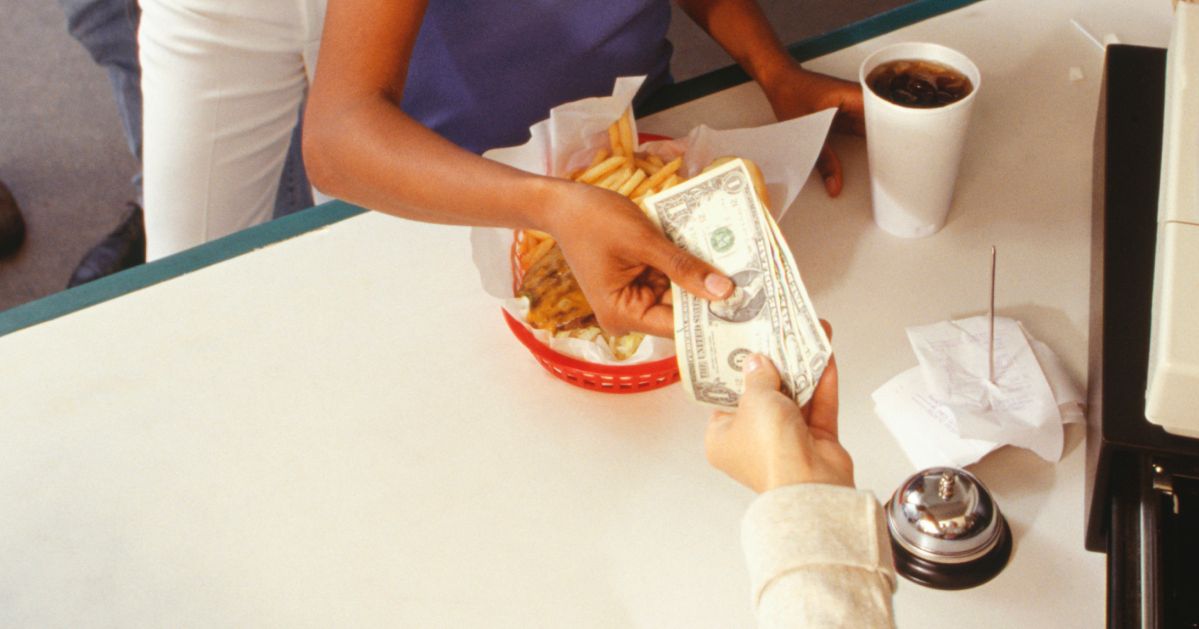
When on vacation, it is common for tourists to put aside a budget for spending money that they may delegate on whatever they fancy during their stay. This is a great strategy for ensuring there is a set limit for the stay. However, it can be easy to go over a budget when using debit and credit cards. An easy remedy is taking out a reasonable amount of cash each day to spend when it’s gone; it’s gone. Spending virtual money compared to physical cash is also easier; customers are more attached to physical money than they are money they cannot see, this means that when paying in paper and coins, travelers will be less likely to splurge on their meal or that extra shirt than they would be using plastic.
Last but not least, the upcoming slide will shed light on a significant cost that is becoming more and more popular with millennials, and how to adjust this aspect of a trip for cost-saving benefits.
Don’t Use A Travel Phone Plan

Going to a service provider and buying a travel phone plan can be an awesome way to keep in touch with friends and family back home during vacation, as well as keep an eye on the internet pulse. With that being said, these plans can be quite expensive for tourists on a budget, especially those who are away for a long time. Avoiding a travel plan and using postcards and wifi to communicate back home will not only save tourists money, but also enhance the travel experience. Rather than being constantly connected to back home, it is healthy to have some separation so that when travelers do contact home, there is more to talk about, and will not be distracted by their devices allowing for all attention to be focussed on exploring new destinations.

